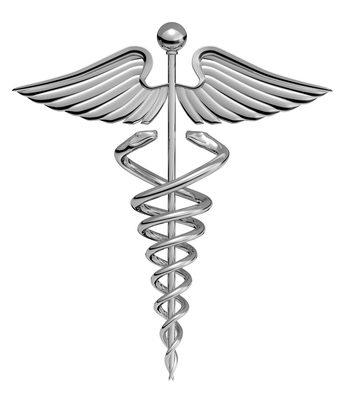A pharmacist uses his deep understanding of drugs and treatments to increase the quality of life for patients. His main goal is to provide patients with affordable FDA-approved drugs and other medical supplements. This post will highlight the extensive process of becoming a professional in the pharmaceutical industry.
Enroll in a Doctor of Pharmacy (Pham. D.) Program
Previously, a bachelor’s degree in pharmacy would help aspiring pharmacists get a job. However, things have changed, and now all pharmacists must have a Doctor of Pharmacy (Pham.D.) degree in order to be considered for a position. The Pham.D. degree must be from an institution accredited by the American Association of Colleges of Pharmacy (AACP) or the Accreditation Council for Pharmacy Education (ACPE).
The Doctor of Pharmacy degree program takes four years to complete. It equips the students with the technical, patient-care and scientific skills needed for them to excel as pharmacists. The courses covered include toxicology, medical chemistry, drug absorption, patient care, pathophysiology, disease treatments and biopharmaceuticals. The program also involves clinical training and practical experience in pharmacy settings.
In order to qualify for admission into the Doctor of Pharmacy program, one must complete a three to four-year undergraduate degree in a relevant course. Most students prefer bachelor’s degree in pharmacy as a prerequisite for the program. Other courses that touch on topics related to chemistry, physics, calculus and biology are also accepted.
Complete Internship
There are two types of internships for aspiring pharmacists. There is the fellowship internship and the residency internship. Those who enroll in the residency internship may pursue training in specialty pharmacy practice or general clinical care. The fellowship internship, on the other hand, provides a specialized experience in areas such as biomedical research, geriatrics pharmacology and community pharmacy practice.
Enroll in a Post-Graduate Program
It is not mandatory for everyone to pursue post-graduate studies in order to be considered a pharmacist. However, a post graduate program may be important for those who want to increase their career prospects and qualify for advanced positions in the field of pharmacy. These programs usually last for one or two years. They allow pharmacists to gain direct patient care experience in various healthcare settings.
Obtain a License
Every person who practices pharmacy must have a valid license. Those who apply for licensure must complete their Pham.D. degree program and pass the North American Pharmacists Licensure Examination (NAPLEX). This exam is administered by the National Association of Boards of Pharmacy (NABP) and tests on the scientific knowledge of drug treatments. A majority of states also require their pharmacists to have the NABP’s Multistate Pharmacy Jurisprudence (MPJE) license. The MPJE licensure covers the legal aspects of dealing with pharmaceutical products.
Salary and Job Outlook for Pharmacists
According to the Bureau of Labor Statistics, licensed pharmacists earn an average salary of $122,230 per year. The bureau also projects the employment rate to grow by 3 percent over the next 10 years. This growth will be driven the increasing population of the elderly as well as advances in new drug treatments.
Choosing a career in pharmacy is one of the greatest decisions you can ever make in your entire life. In order to become a pharmacist, you must have at least a Doctor of Pharmacy degree from an accredited institution, get enough experience through internship programs and pass the NAPLEX and MPJE licensure examinations.
